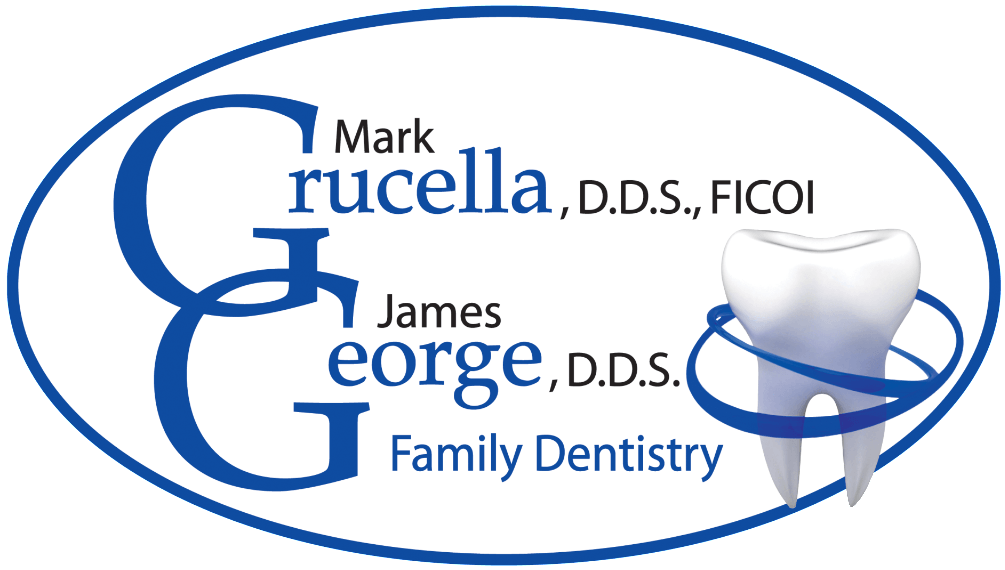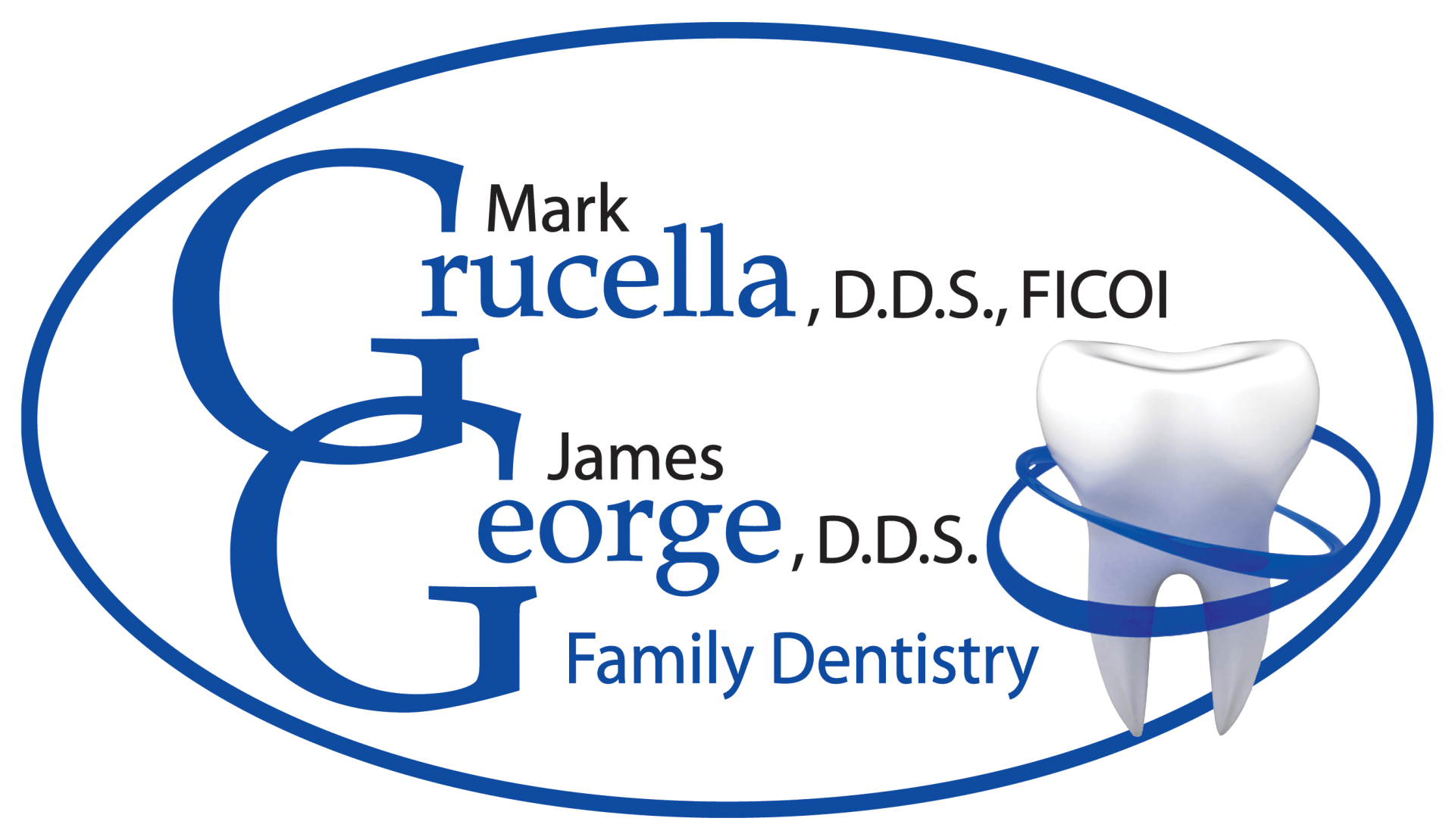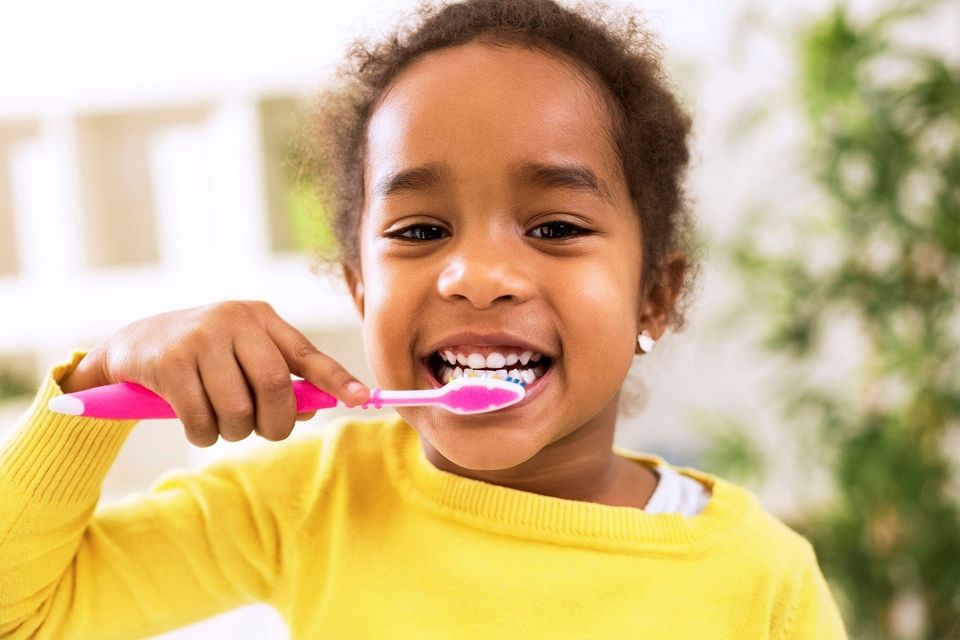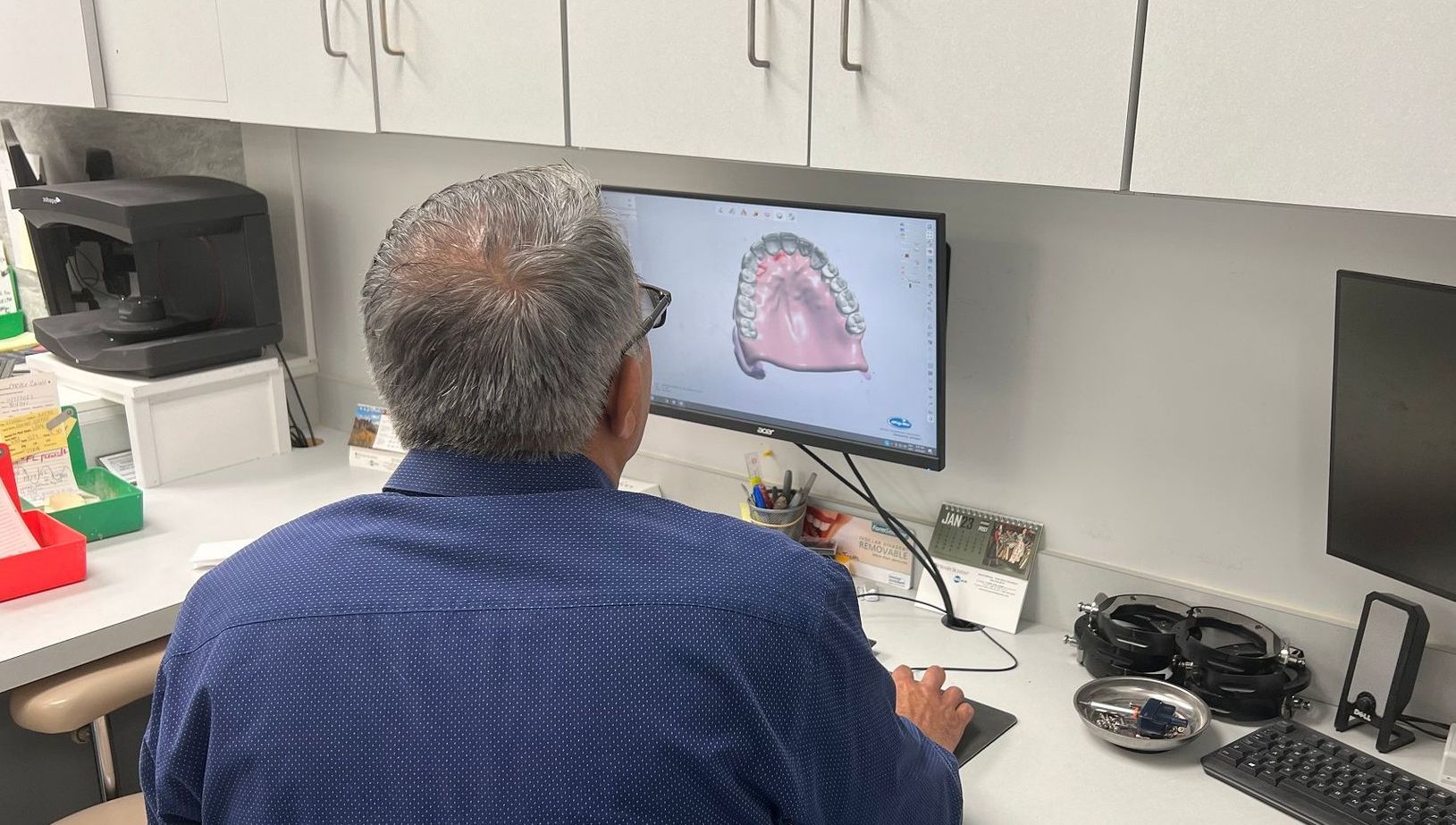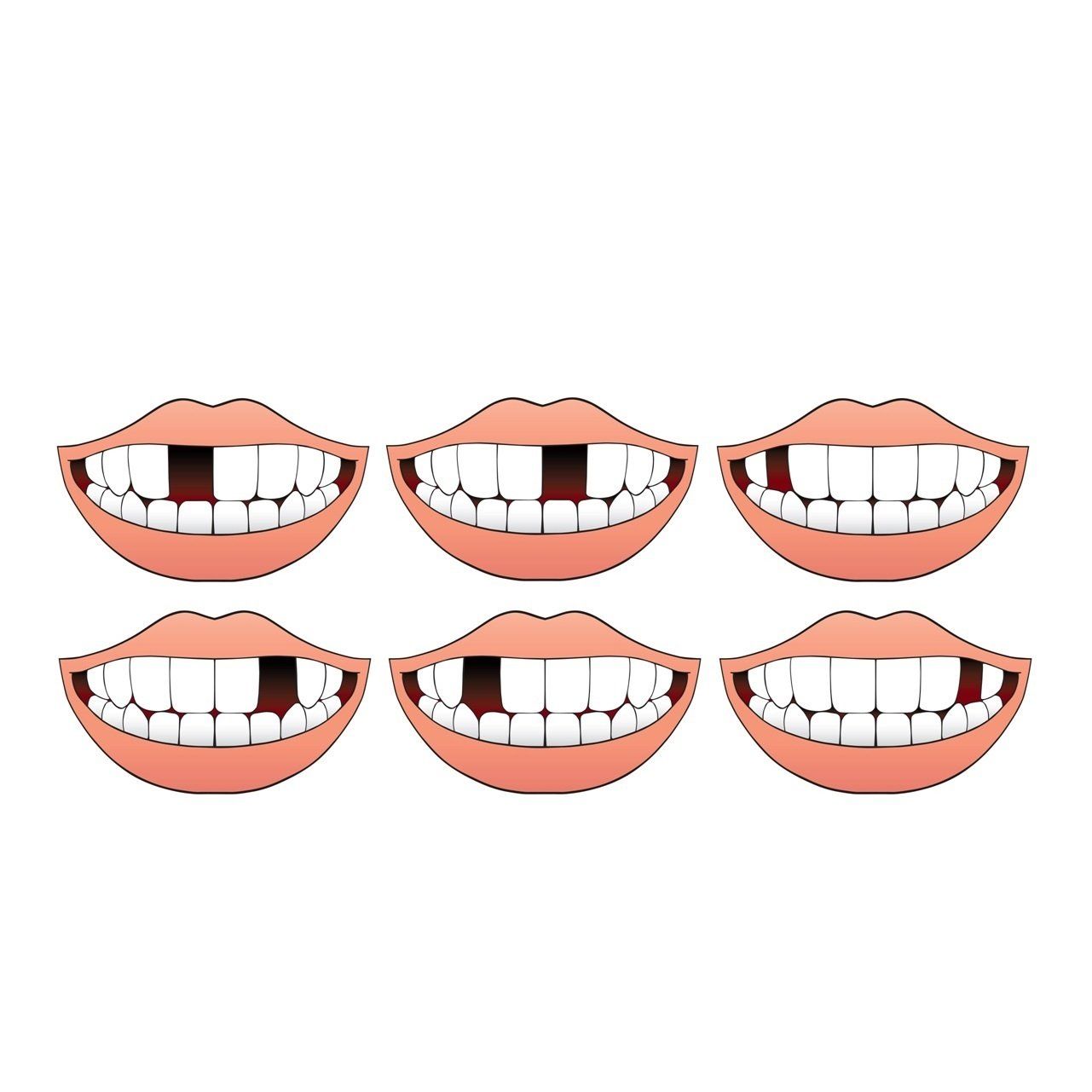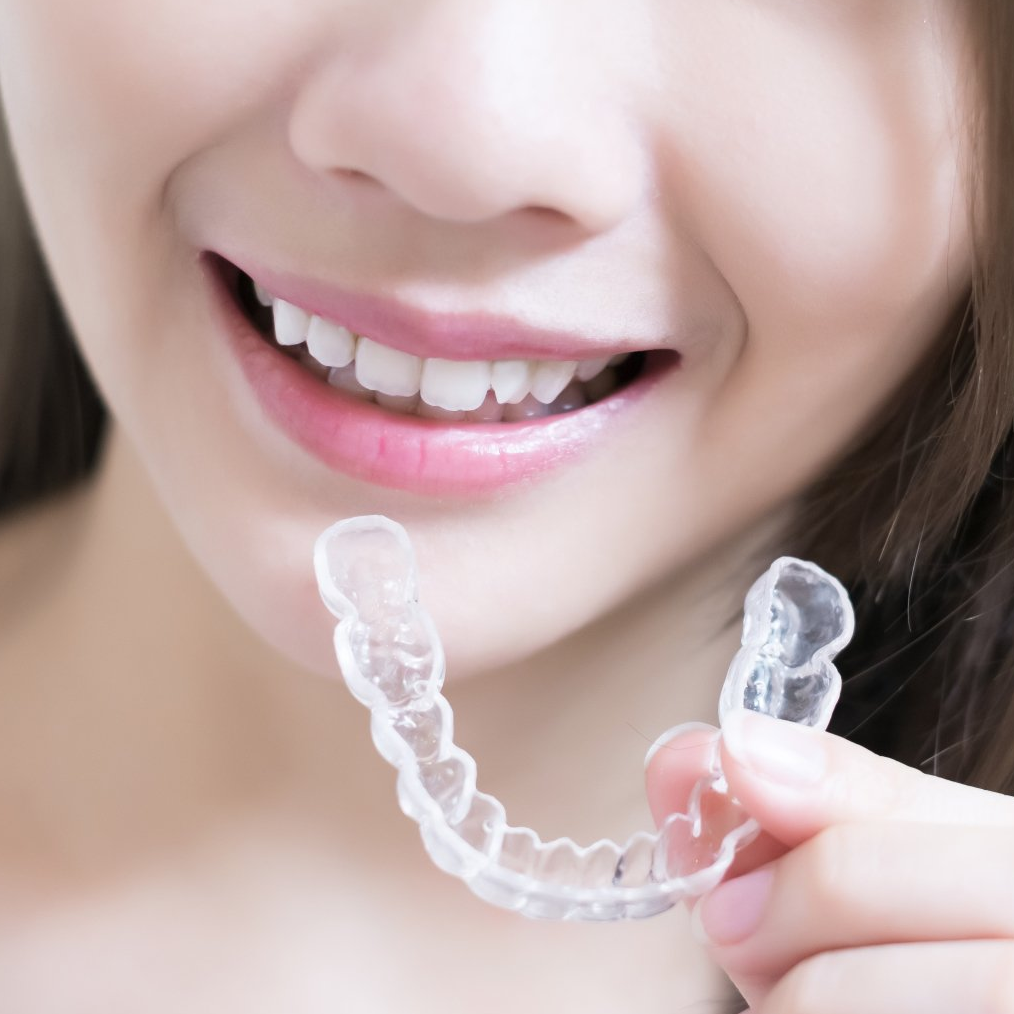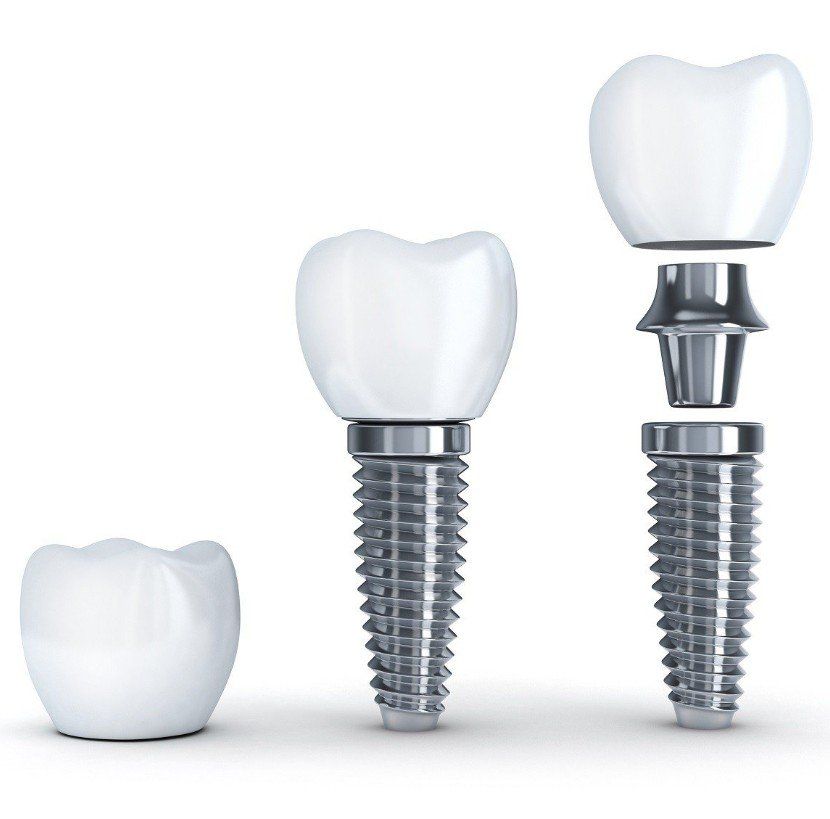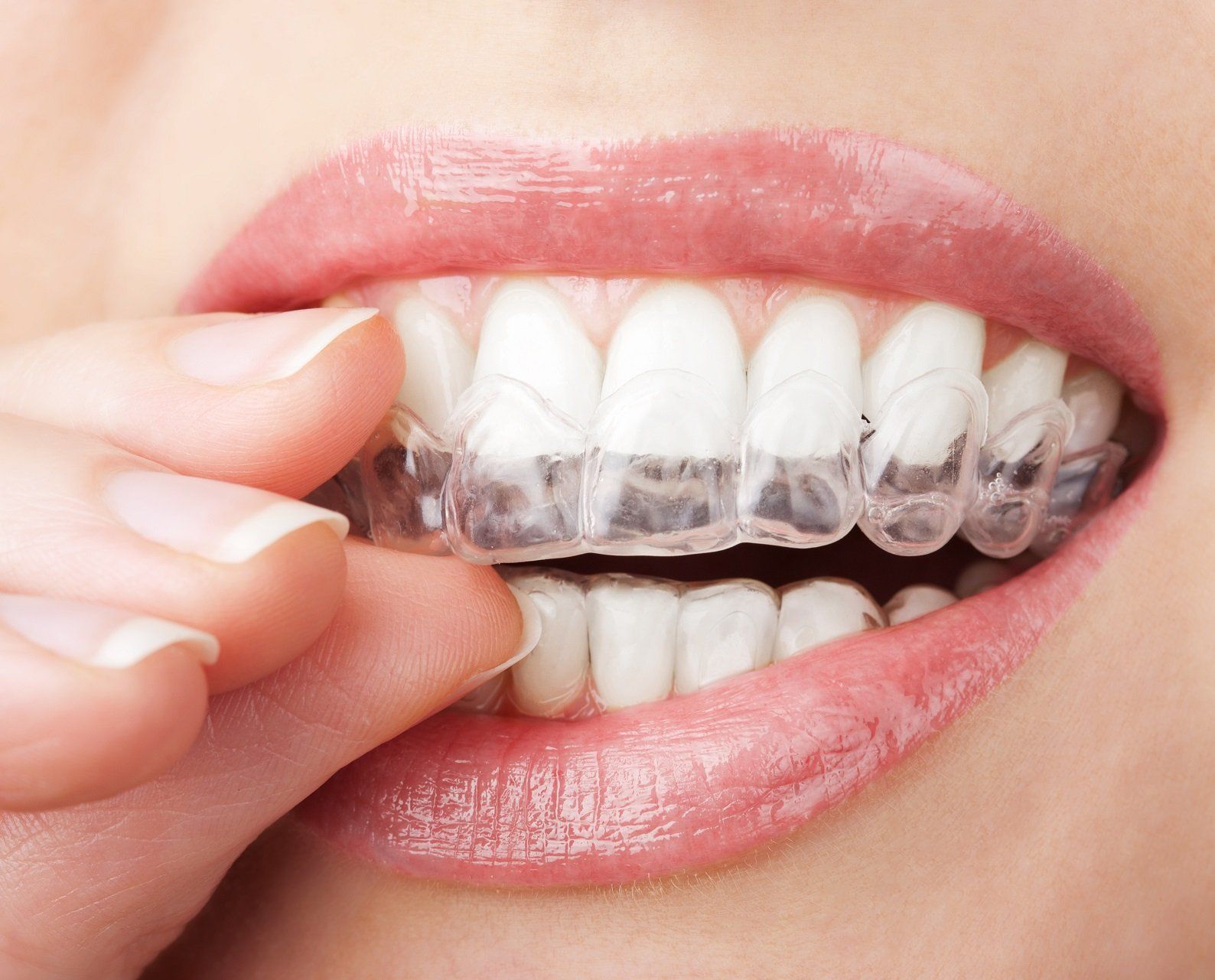Fluoride
Fluoride is a natural mineral that helps prevent cavities in children and adults by making the outer surface of teeth (the enamel) more resistant to acids that cause tooth decay.
Benefits Before and After Teeth Come Through
Fluoride is advantageous to dental health because of its systemic effects before tooth eruption and topical effects after tooth eruption. Before teeth erupt, fluoride taken in from foods, beverages and dietary supplements make tooth enamel stronger, and more resistant to tooth decay. This provides what is called the "systemic" benefit. After teeth erupt, fluoride helps rebuild weakened tooth enamel and reverses early signs of tooth decay. By brushing teeth with fluoride toothpaste or using fluoride dental products the fluoride provides topical benefits.
Where Fluoride is Found
Fluoride is naturally found in most water sources, rivers, lakes, wells and even the oceans. For years it has been added to public water supplies to help prevent tooth decay. Certain foods contain fluoride but usually not enough to constitute a significant part of the day's need for cavity prevention. Meat, eggs, vegetables, cereals and fruits have very small but measurable amounts, whereas tea and fish have large amounts. Food cooked in fluoridated water retain fluoride from the cooling water. Bottled or filtrated water usually does NOT contain optimal fluoride.
Toothpaste with fluoride has been responsible for a significant drop in cavities. It is recommended to brush at least two times each day (morning and night) for two minutes each time you brush.
Recommended Brushing Practices for Young Children
For children younger than 3 years old, start brushing their teeth as soon as their teeth start to appear with non-fluorinated toothpaste or just with a small size (grain of rice) fluorinated toothpaste.
For children 3 to 6 years old, use no more than a pea-sized amount of fluoride toothpaste. Always supervise your child's brushing to make sure they use the right amount and try to get your child to spit out most of the toothpaste after brushing.
Mouthwashes
Fluoridated mouthwashes could also help to prevent cavities but children six years old or younger should not use it unless it has been recommended by a dentist. Many children younger than 6 years old are more likely to swallow it than spit it out because their swallow reflexes are not fully developed.
Dentists or dental hygienists may apply topical fluoride for children and adults who are at a high risk for cavities at regular appointments for cleanings.
For more information about fluoride and how it benefits the dental health of the entire family , please contact us by calling 330-733-7911
or send us a website message.
